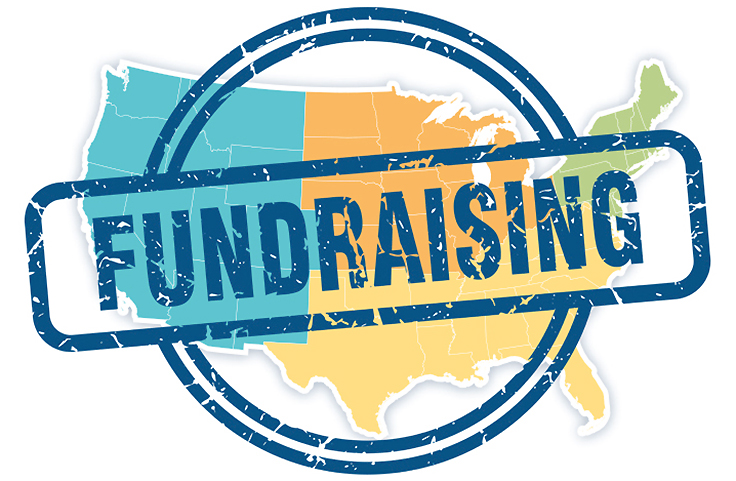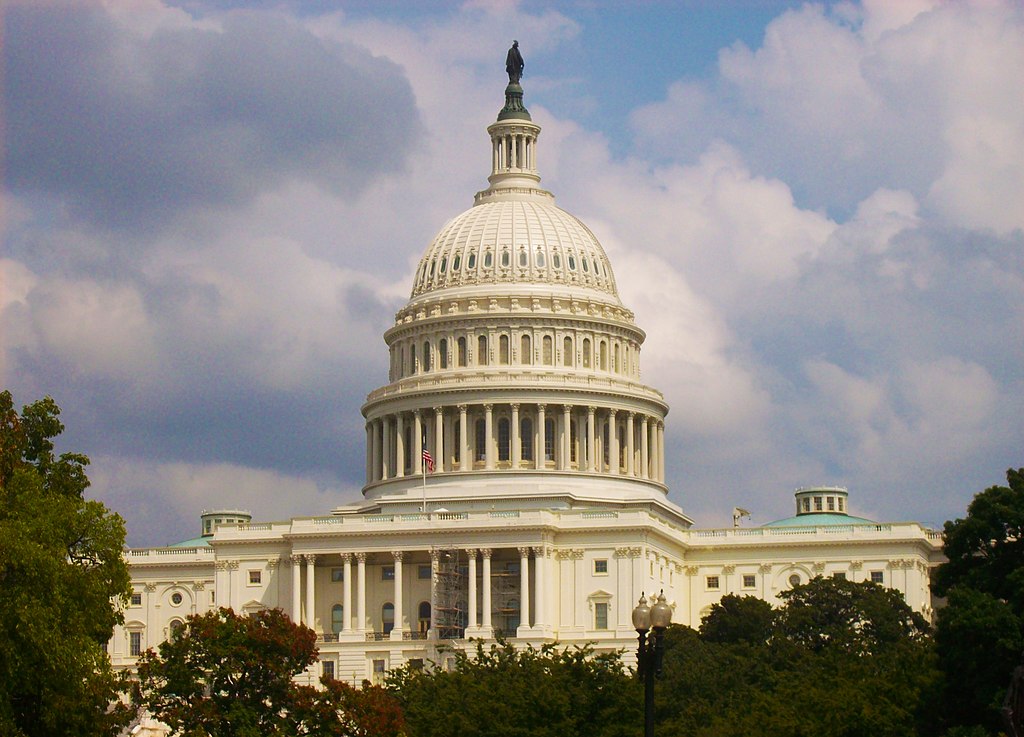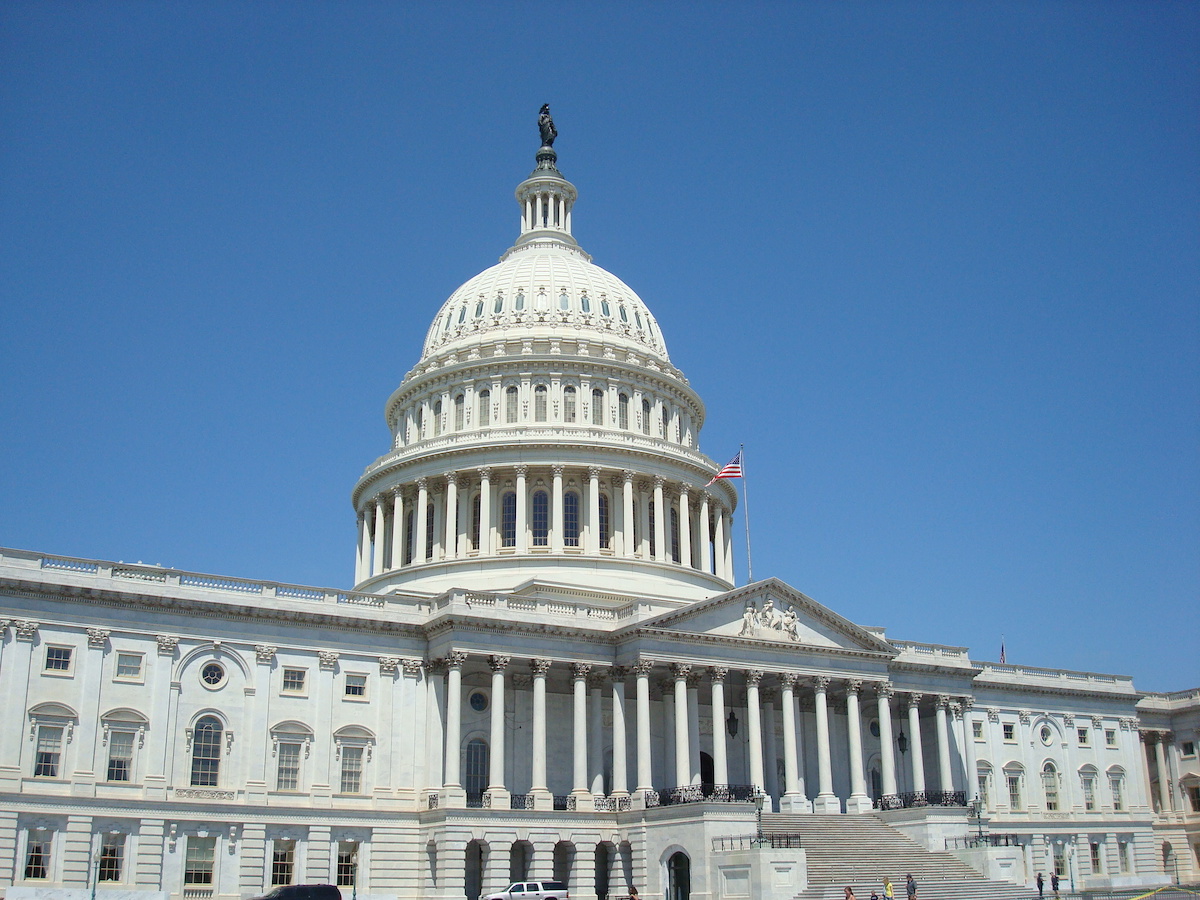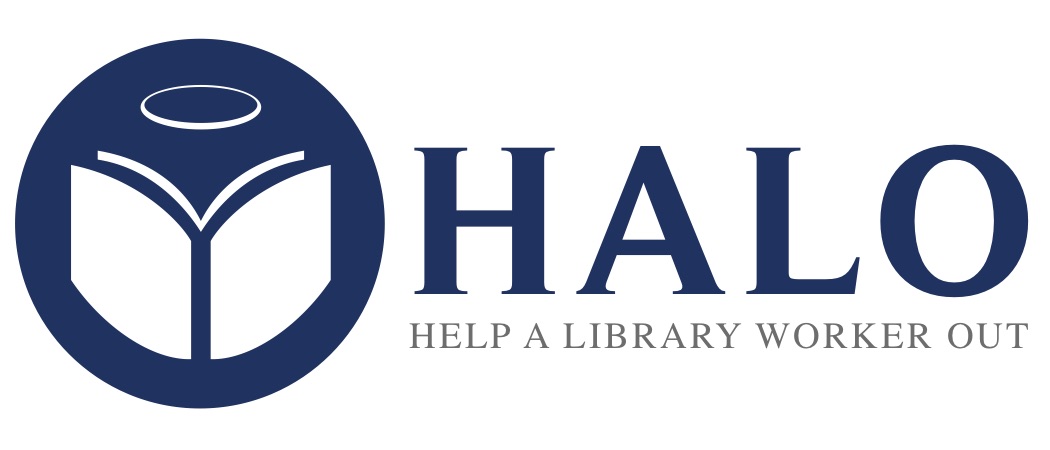Covid-19
The results from LJ’s Fall 2021 Public Library Fundraising Survey demonstrate how the COVID-19 pandemic changed the ways libraries conducted their fundraising. Like so much else in the library field, the pandemic forced library staff, administrators, and Friends groups to reconsider the best ways both to raise funds and utilize them.
The American Rescue Plan Act (ARPA) is a $1.9 trillion stimulus package passed by Congress on March 10. It includes targeted funding for various sectors of the economy and government impacted by the COVID-19 pandemic, ranging from agriculture to small businesses to education—and libraries. Here are the ins and outs of how new federal funds will reach public libraries and how they can be spent.
In a significant show of support, Congress earmarked billions of dollars in recovery funding for academic, public, and school libraries on Wednesday, March 10, as part of President Joe Biden’s $1.9 trillion American Rescue Plan Act (ARPA) of 2021. The Institute of Museum and Library Services (IMLS) received $200 million, the largest single boost in the agency’s 25-year history. The relief package also includes money for library-eligible programs such as the Emergency Education Connectivity Fund through the FCC’s E-rate program.
It is important for library leaders to realize that every other local organization or unit of government who responded to the COVID disaster with compassion, engagement, and their best efforts also has a great story to tell. During times of austerity, the narratives that matter are about direct and measurable outcomes for people who used your service, visited your program, accessed your collections, or interacted with your staff.
Libraries can and should continue to apply creative problem-solving to mitigate the worst impacts of this pandemic on staff and users. There is a limit to what even the most nimble, inventive, and dedicated libraries—or even consortia or associations—can fix. But that doesn’t mean there is nothing we can do. We need to think bigger and to throw the collective power of our profession toward advocacy for large-scale solutions.
On July 2, Sen. Jack Reed (D-RI) and Rep. Andy Levin (D-MI) introduced the bipartisan Library Stabilization Fund Act in both chambers (S.4181 and H.R.7486, respectively). The legislation, introduced with 13 cosponsors on both sides of the aisle in the Senate and 27 in the House, would establish a dedicated $2 billion fund to be administered by IMLS that would address the financial losses incurred in the pandemic shutdown and bolster library services going forward, with priority given to the hardest-hit communities.
Many libraries are cancelling their galas and other in-person fundraising events due to the global pandemic. As a member of the Next Chapter Society (NCS), which works with Tennessee’s Nashville Public Library Foundation to fundraise for the Nashville Public Library (NPL), I worked with my committee to shift our summer activities online.
As public libraries do more and more in times of crisis to fill gaps in our social safety net, it is time to rethink how publishers and content providers relate and do business with public libraries and their customers. How can those relationships be retooled and reimagined to provide outcomes that are more beneficial for all?
Librarians and other library staff, especially part-time workers and those who have been laid off or forced to take pay cuts or personal leave because of COVID-19 shutdowns, are often struggling to pay their bills, the promised $1,200 stimulus check notwithstanding. To address that need, the EveryLibrary Institute has launched the Help a Library Worker Out (HALO) Fund.
UPDATE: The HALO Fund is ready to start taking applications on a cash-available basis. You can apply at everylibraryinstitute.org/haloapply.
ALREADY A SUBSCRIBER? LOG IN
We are currently offering this content for free. Sign up now to activate your personal profile, where you can save articles for future viewing









